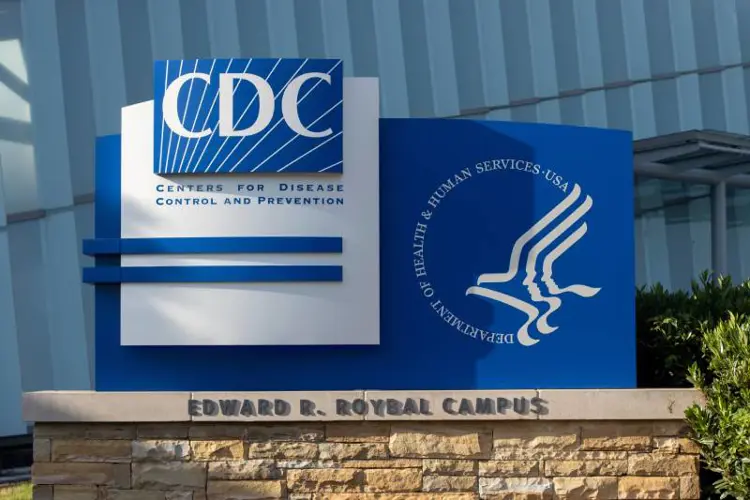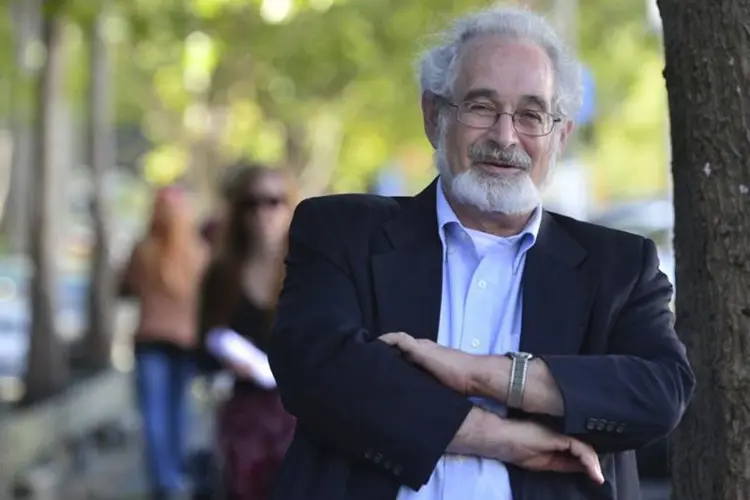report
There is no new information in the report. It's strictly an intentionally panicky rehash of what we've seen before from the various public health agencies of the U.S. government. In fact, though the report bears the name of Vivek Murthy, the 19th Surgeon General of the U.S., it was produced by the the Centers for Disease Control and Prevention (CDC), specifically that agency's Office on Smoking and Health.
We know what works to effectively prevent tobacco use among young people. Now we must apply these strategies to e-cigarettes—and continue to apply them to other tobacco products. To achieve success, we must work together, aligning and coordinating efforts across a wide range of stakeholders. We must protect our nation’s young people from a lifetime of nicotine addiction and associated problems by immediately addressing e-cigarettes as an urgent public health problem. Now is the time to take action.
Public Health England
Royal College of Physicians
``The Surgeon General's report``
the
report
report
That report turned public opinion against smoking and tobacco. Because of the fame and reputation of that report, many will assume any Surgeon General's report is an unimpeachable source of dispassionate truth. This document could become the vaping bible for uninformed politicians and clueless local public health agencies, which could set the movement for safer nicotine alternatives back.
Panic!
diacetyl
“This is just another politically-motivated attack on an industry that is helping people to quit.``
The report promotes a "Call to Action" with six goals:
- First, do no harm
- Provide information about the dangers of e-cigarette use among youth and young adults
- Continue to regulate e-cigarettes at the federal level to protect public health
- Promote programs and policies at the state and local levels to prevent e-cigarette use among youth and young adults
- Curb advertising and marketing that encourages youth and young adults to use e-cigarettes
- Expand surveillance, research, and evaluation related to e-cigarettes
The report walks right to the edge of claiming that vaping is a gateway to smoking, and stops just short of an outright recommendation to the FDA to ban flavored e-liquid. Clearly, some of the respectable scientists who were involved in the writing and review of the report insisted that unproven claims be left out. But there was little control over the conclusions, or the promotional material on the accompanying website. The website especially is truly a double dip of everything a puritan anti-nicotine zealot loves, with sprinkles.
Looks good to us, say the prohibitionists
Stanton Glantz's
summary
"E-cigarette companies appear to be using many of the advertising tactics the tobacco industry used to persuade a new generation of young people to use their products," writes Frieden. "Companies are promoting their products through television and radio advertisements that use celebrities, sexual content, and claims of independence to glamorize these addictive products and make them appealing to young people."
“It’s the most comprehensive and objective answer to the question of whether e-cigarette use is a matter of serious concern that requires government action,” Matthew Myers, President of the Campaign for Tobacco Free Kids, told the New York Times. “The answer, based on the findings, is: yes.” Myers was a reviewer on the report too.
The Times let its anti-vaping reporter Matt Richtel handle the story, rather than the more skeptical Sabrina Tavernise. Richtel didn't include any quotes from pro-vaping researchers.
The Washington Post balancedits quote from Myers (he was very busy Wednesday) with Dr. Michael Siegel's take on the report. "“Although electronic cigarette uptake has skyrocketed among youth, cigarette smoking has fallen at historic rates," said Siegel. "This would be nearly impossible to explain if electronic cigarettes were causing a substantial number of youths to start smoking."
The Wall Street Journal mentionedthe RCP report, and included a quote from American Vaping Association President Gregory Conley. “This is just another politically-motivated attack on an industry that is helping people to quit,” said Conley. They featured comments from Myers too.
Message to the future: don't be like we were
executive summary
This report is typical of what we're accustomed to from the CDC Office on Smoking and Health. With smoking in rapid decline, the CDC has repeatedly ignored the good news to spread fear about "other tobacco products." This is more of the same. In the U.K., where the promotion of health has been the guiding nicotine policy principle for the last few years, they must be mystified.
Ignoring the opportunity to convert adult smokers and prevent smoking uptake by teens to instead argue for strict controls that will at best maintain the status quo, and at worst send vapers back to cigarettes, the Surgeon General's report is a glorious example of the Frieden/Glantz anti-harm reduction ideology. It should be put in a time capsule.
The Freemax REXA PRO and REXA SMART are highly advanced pod vapes, offering seemingly endless features, beautiful touchscreens, and new DUOMAX pods.
The OXVA XLIM Pro 2 DNA is powered by a custom-made Evolv DNA chipset, offering a Replay function and dry hit protection. Read our review to find out more.
The SKE Bar is a 2 mL replaceable pod vape with a 500 mAh battery, a 1.2-ohm mesh coil, and 35 flavors to choose from in 2% nicotine.
Because of declining cigarette sales, state governments in the U.S. and countries around the world are looking to vapor products as a new source of tax revenue.
The legal age to buy e-cigarettes and other vaping products varies around the world. The United States recently changed the legal minimum sales age to 21.
A list of vaping product flavor bans and online sales bans in the United States, and sales and possession bans in other countries.


















